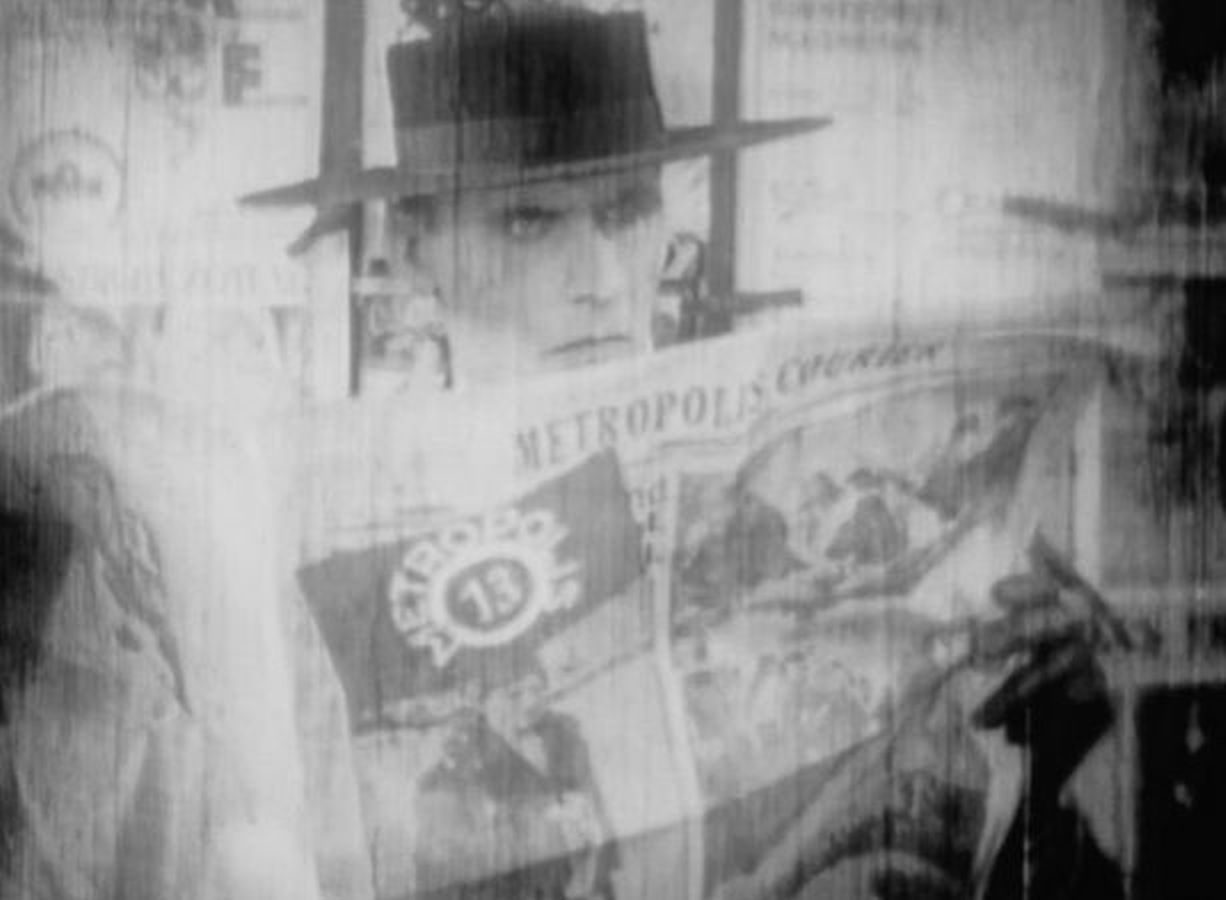
Holland Festival: 4 manieren om naar de toekomst te kijken
Metropolis op Holland Festival: 4 manieren om naar de toekomst te kijken.

Metropolis op Holland Festival: 4 manieren om naar de toekomst te kijken.
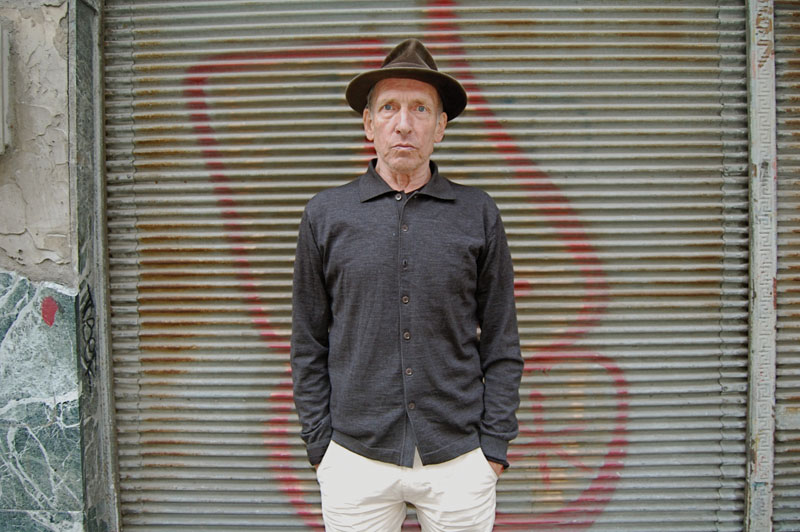
Visiting M.U.R.S. without the app on your smartphone is a challenge. The performance by the infamous Barcelona-based theatre collective is a commentary on how people are unwittingly becoming part of a SMART society run by international corporations via all sorts of gadgets. Are you in or out? Is there actually anything to choose? According to Jürgen Müller, one of the founders of...
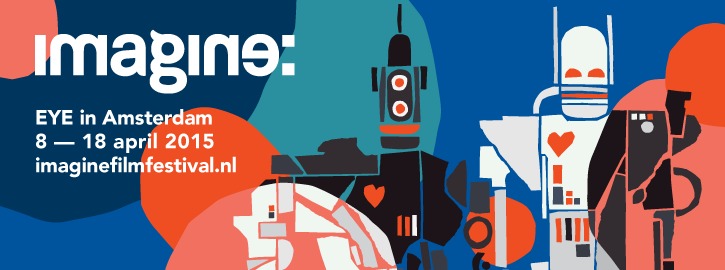
De laatste tijd word je in de media overspoeld met voorspellingen over de toenemende invloed van kunstmatige intelligentie op ons leven. Neem bijvoorbeeld Nicholas Carrs boek The Glass Cage die de revolutionaire impact van nieuwe technologie op de werkvloer analyseert. Het zijn ontwikkelingen die niet voorbij zijn gegaan aan de programmeurs van Imagine. De 31ste editie van het filmfestival, dat…
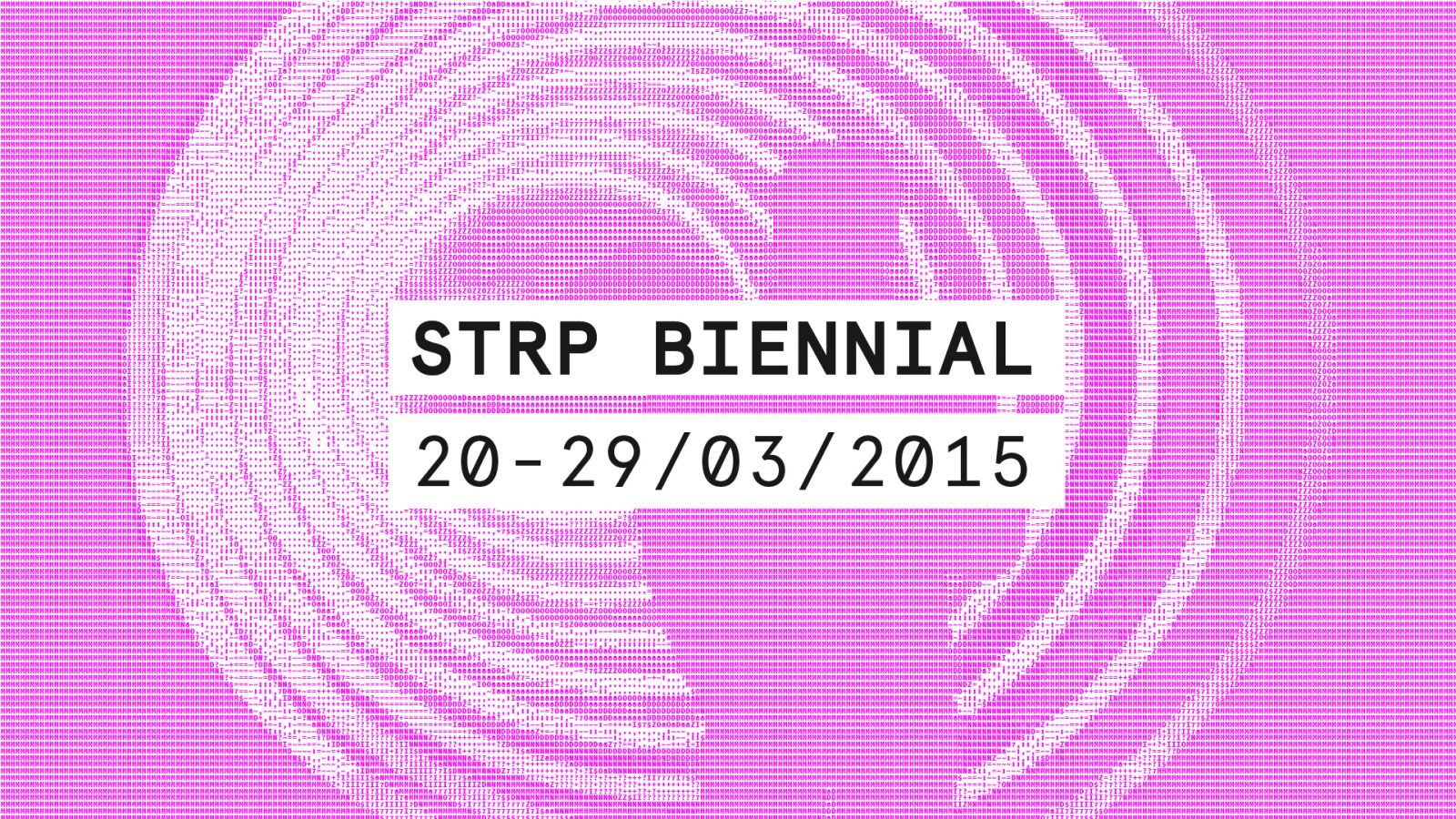
Eindhoven is om de twee jaar even het mekka van de experimentele electronica met de STRP Biënnale. In de Brabantse lichtstad kun je maar liefst negen dagen genieten van toonaangevende dance-acts. Daarnaast verkennen experimentele performances het snijvlak tussen film, kunst en technologie. Cultuurpers maakt alvast een voorselectie. Hypnotische dansdeining Het Britse Factory Floor staat met een voet in het verleden, maar kijkt muzikaal naar de toekomst. Hun…
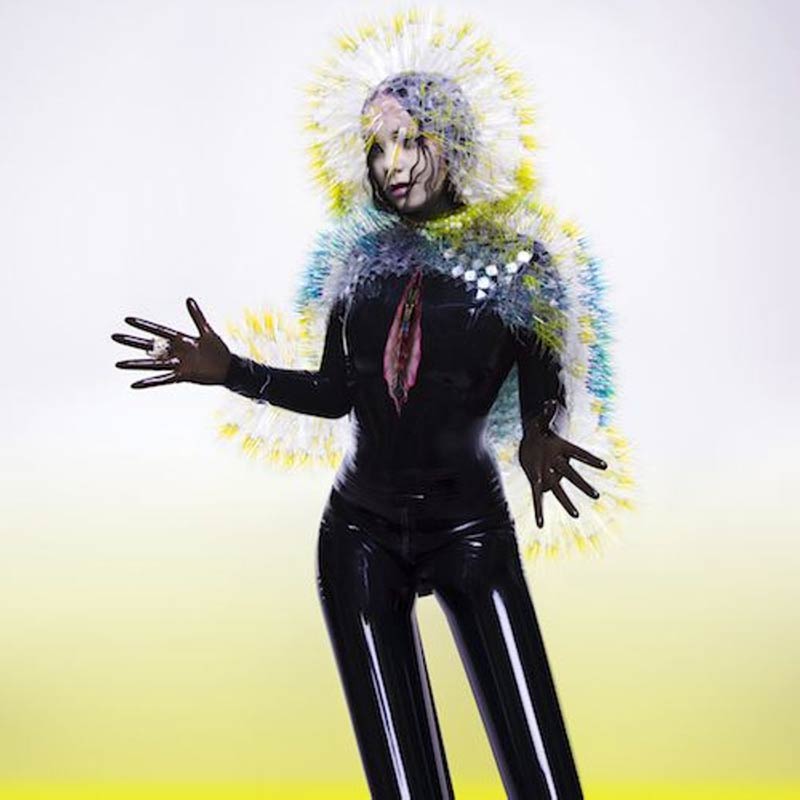
Eigenlijk is het nog veel te vroeg voor een recensie van Vulnicura. Björks nieuwe album laat zich niet in een paar dagen of luisterbeurten doorgronden. Maar omdat wél direct hoorbaar is dat hier iets bijzonders gebeurt, doe ik toch een poging deze nieuwe ontwikkeling in Björks kunstenaarschap te duiden. Björk is een artiest van wie ik ieder album met bovengemiddelde…
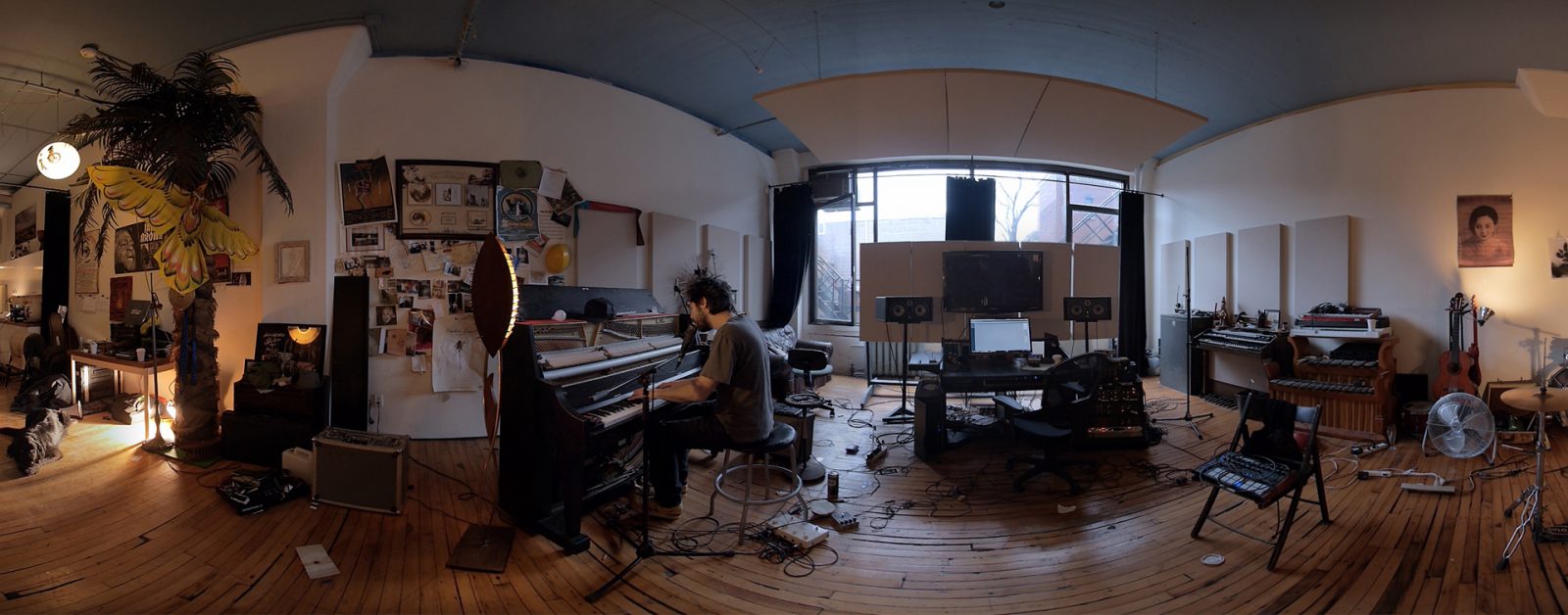
So I spent five minutes in singer-songwriter Patrick Watson's studio. He played a bit. Put his phone in the ashtray. Said something to his labrador. And I could look around quietly while he played. Behind me, in front of me. Below and above. Nothing like sitting at an artist's home while he plays. And he wasn't bothered...

"Everyone today has a computer in their pocket (smartphone or glass) that gives you considerable computing power and communication technology per person. You can use that computing power and technology, to add augmented elements to entertainment." Just a response to a question. From a theatre. Because that theatre wants to look ahead: What does the theatre of the future look like? That question...
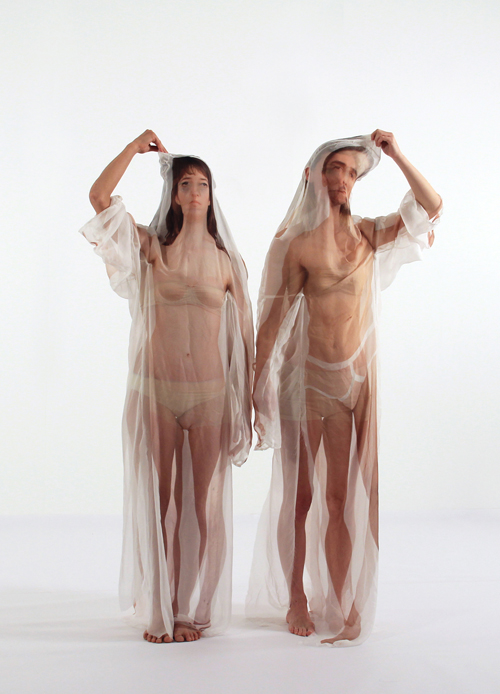
Isn't avant garde dance too lofty? Is it still viable in these harsh cultural times? I Like To Watch Too aims to clear up this misunderstanding. The festival brings experimental dance closer to the public than ever.
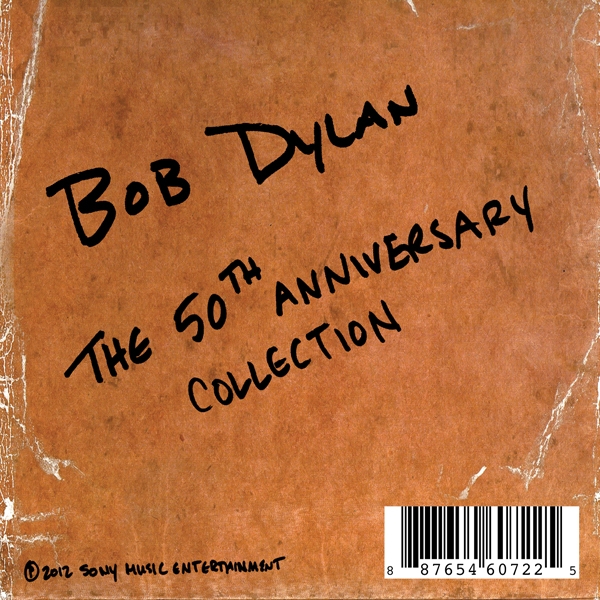
What does a dissertation on a forgotten Victorian novelist have in common with a rushrelease from multinational Sony?
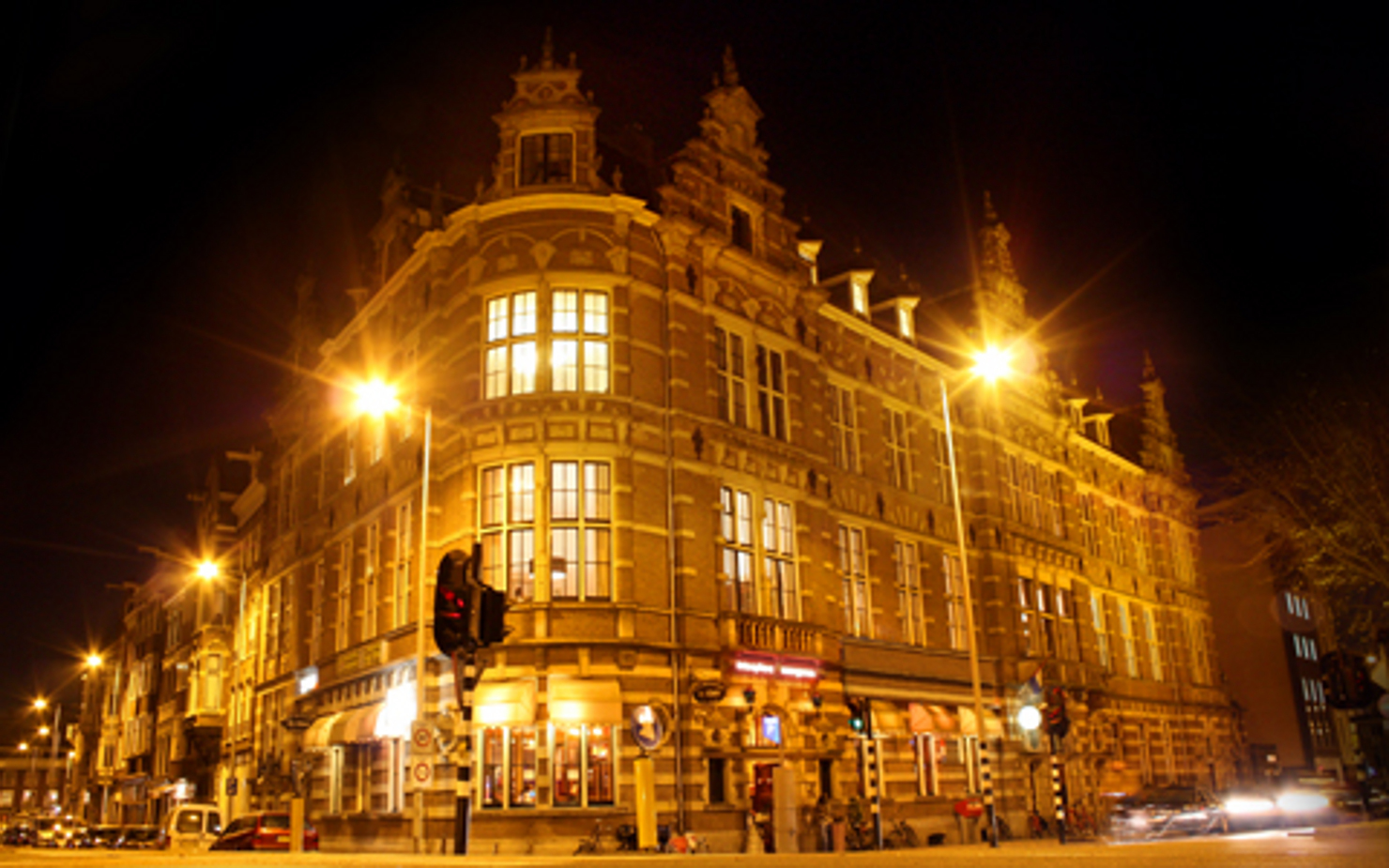
Ze kunnen best wat, bij Fitzroy. Altijd leuk om presentaties bij te wonen, zoals het Amsterdamse marketingbureau liet zien tijdens het Congres Podiumkunsten op 29 en 30 mei 2012.

In het debat Burger King & Burgerschap geven Patrick van der Hijden, David van Reybrouck, Chris Keulemans and Samuel Vriezen hun visie op de staat van de burger. Publiek mag, maar hoeft niet, meedoen. Hieronder de column Staat van Verwenning, voorgedragen door Patrick van der Hijden – als aftrap voor het debat.
“Ons leven is in de achttiende eeuw uitgevonden.
De leden van de hogere klassen – de elite – hadden een eigen huis, vaak met tuin. Ze stuurden hun kinderen naar school en die begonnen daarna een vervolgopleiding. Ze hadden vrije tijd en kwamen over het algemeen op tijd op hun afspraken, door de horloges die ze droegen en de trekschuiten die op tijd vertrokken (ze klaagden bij vertraging). Burgers die buiten de stad woonden, forensden – met de koets, dat wel. Ze dronken koffie om wakker te blijven. Ze bezochten restaurants met menukaarten. Ze werden ingeënt tegen de pokken en hadden huisdieren. Een geweldige bron over dat leven vormt het dagboek van Otto van Eck, die daar op tienjarige leeftijd onder druk van zijn door de Verlichting bezielde ouders aan begon, in 1791. Daar ontleen ik bovenstaande voorbeelden aan.
Dit leven wordt aan het begin van de eenentwintigste eeuw niet door een kleine minderheid geleefd, maar door een groot deel van de Nederlanders. Die moeten het wel zonder personeel doen. Dat is namelijk vervangen door technologie.
You must be logged in to post a comment.